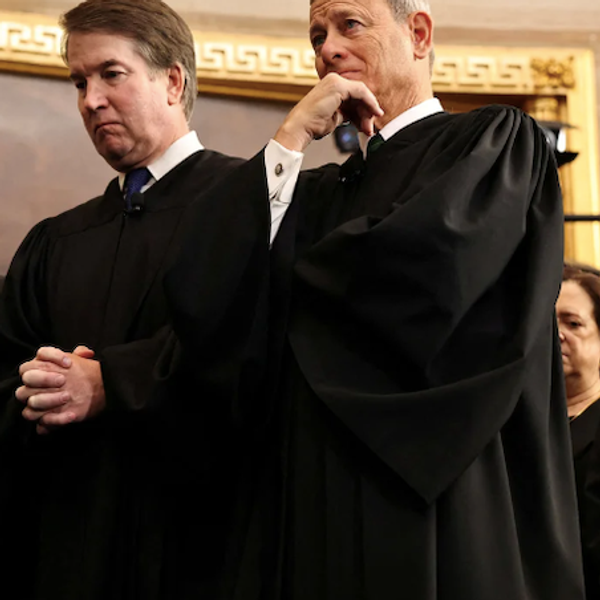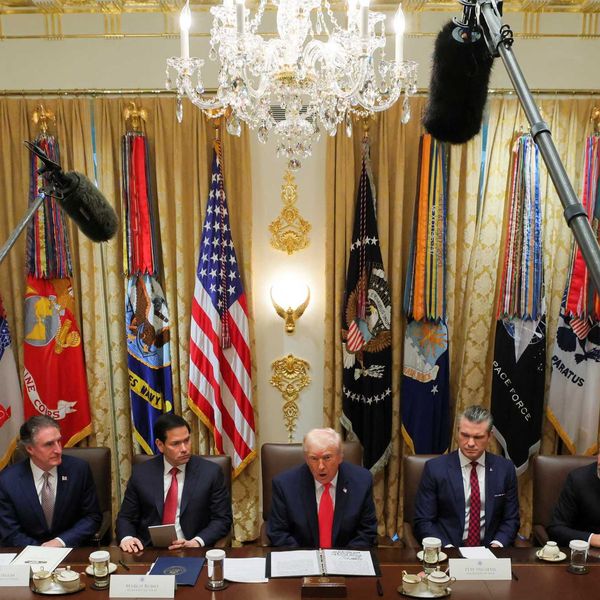Thursday, October 22nd, New York State Assembly Members Sean Ryan and Monica Wallace joined owners of the North Park Theatre in Buffalo to discuss the reopening of movie theaters in much of New York State after COVID-19 caused theaters across the country to go dark.
Theaters in New York State that are located outside of New York City will be eligible to reopen at 25% capacity under state guidelines. There will be a limit of 50 people allowed in front of each screen and theaters can only open in counties that have COVID-19 positivity rates of less than 2% on a 14 day average. Counties with cluster zones will also be unable to open theaters while the cluster zone designation is in effect.
As per guidance from New York State, the following regulations will also be in place:
-
Masks will be required at all times except when seated and eating or drinking.
-
Assigned seating will be required in all theaters.
-
Social distancing between parties will be required at all times.
-
Additional staffing will be required to control occupancy, traffic and seating to ensure compliance.
-
Enhanced air filtration, ventilation and purification standards must be met by theaters.
“I’m happy to see our numbers in Erie County have remained low, and because we’ve acted responsibly to help stop the spread of COVID-19 we’re seeing another sector of our economy reopen,” said Assemblyman Sean Ryan. “Movie theaters provide an opportunity for families to spend time together outside of their house and I’m happy to see families have another entertainment option that will still ensure they’re able to maintain social distance while having fun. We’ve seen theaters across the state find creative ways to connect with patrons during this pandemic, but nothing beats being able to see a movie in a theater and I’m happy to see these facilities welcome people back.”
“I’m delighted that our calls to reopen movie theaters have been heard, and that theatergoers in WNY will soon be able to enjoy the cinema experience once again,” said Assembly Member Monica Wallace. “Theaters employ thousands of New Yorkers across the state and provide a welcome escape from daily life. But if we want to ensure that movies stay open throughout the cold winter months, we all need to remain vigilant about wearing masks, washing hands, and keeping six-foot our distance. Everyone must do their part to keep infection rates down and protect each other.”
Eligible theaters may open on Friday, October 23rd.




